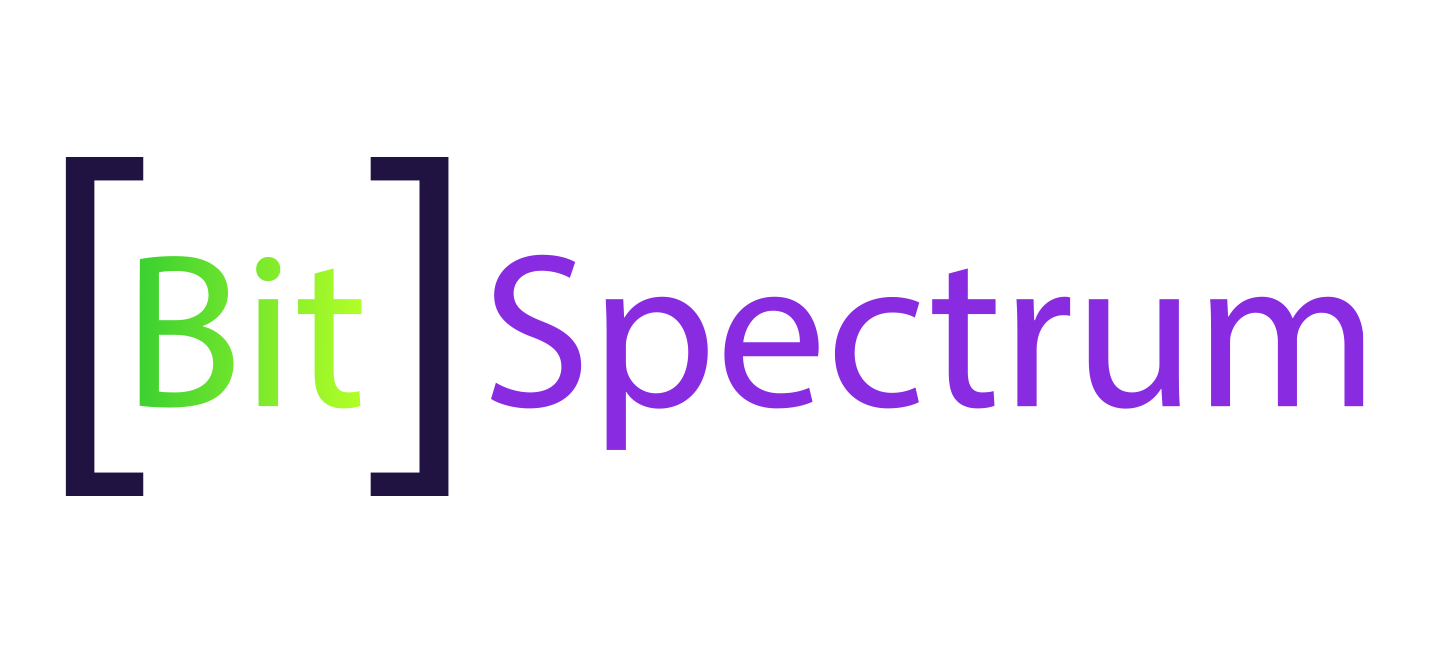The legal battle between the U.S. Securities and Exchange Commission (SEC) and Kraken, one of the world’s leading cryptocurrency exchanges, has reached a pivotal moment. On January 24, 2025, a California federal court ruled in favor of the SEC by dismissing Kraken’s “major questions doctrine” defense. This move not only highlights the increasingly aggressive stance of regulators toward the crypto industry but raises serious implications for the future of cryptocurrency regulation in the United States.
For stakeholders across the industry—whether you’re a trader, developer, or investor—this ruling is more than a headline. It represents a critical turning point that could shape the trajectory of the crypto world. But what does this ruling mean, and where does Kraken—and the industry—go from here? Let’s unpack the details.
A Brief History of the Kraken SEC Lawsuit
Founded in 2011, Kraken is one of the longest-standing crypto exchanges, known for its robust trading platform and global operations. But Kraken, like many exchanges, found itself entangled in the growing regulatory scrutiny of the cryptocurrency space.
The SEC’s lawsuit against Kraken began in November 2023, accusing the platform of operating as an unregistered securities exchange. According to the SEC, Kraken earned hundreds of millions of dollars since 2018 by offering unregistered “crypto asset securities,” failing to adhere to existing securities regulations.
Kraken responded with 18 defenses, challenging the SEC’s authority to regulate cryptocurrencies. Among these defenses was the “major questions doctrine,” a legal argument that regulators must receive explicit Congressional authority before asserting control over significant sectors of the economy. This defense became a focal point in Kraken’s legal battle—until now.
Kraken’s Defense Dismissed: What the Court Ruled
Judge William Orrick’s recent decision marks a major setback for Kraken. The court rejected the “major questions doctrine” defense, ruling that the SEC’s actions were grounded in existing securities laws rather than a significant expansion of its authority.
Judge Orrick stated that while the cryptocurrency industry is growing rapidly, it does not yet carry the same weight as areas like energy or student loans—the types of industries traditionally cited in “major questions” disputes. Consequently, the court found that the SEC’s efforts to regulate cryptocurrencies align with its established mandate under securities law.
Here’s what Judge Orrick wrote in the ruling:
“The SEC is not asserting a ‘transformative expansion in its regulatory authority’ or a ‘highly consequential power beyond what Congress could reasonably be understood to have granted it.’”
While Kraken’s major defense was struck down, the court allowed two other defenses—“fair notice” and “due process”—to proceed.
- Fair Notice: Kraken argues that it was not given clear regulatory guidance, rendering the SEC’s enforcement actions unjust. Specifically, Kraken claims it did not know that certain digital assets on its platform could qualify as “investment contracts” under the SEC’s Howey Test.
- Due Process: The exchange asserts that the lack of regulatory clarity violated its right to due process, leaving companies uncertain about compliance requirements.
Though Kraken can still pursue these claims, the dismissal of the major questions doctrine defense undermines a significant part of Kraken’s strategy to challenge the SEC’s enforcement authority.
Industry Reactions and Implications
The court’s decision has reverberated throughout the cryptocurrency community, eliciting a mix of reactions.
- From the Crypto Community
Many in the crypto world view this ruling as a continuation of the SEC’s relentless crackdown on the industry. Platforms like Coinbase and Binance, which are also facing regulatory scrutiny, have expressed concerns about the broad application of securities laws to digital assets. Critics argue that this approach stifles innovation while failing to address the unique characteristics of blockchain technologies.
On the flip side, some industry experts see this as an inevitable step toward regulatory clarity. They argue that a clear legal framework, though challenging now, will ultimately benefit the crypto space by providing guidelines for compliance.
- From Institutional Investors
Institutional investors are closely monitoring these developments. Increased regulatory scrutiny could deter large-scale investments in digital assets, while simultaneously reducing market volatility by discouraging risky or unregulated operations.
- Market Sentiment
Following the court’s ruling, major cryptocurrencies like Bitcoin and Ethereum experienced slight volatility, underscoring how sensitive the market remains to regulatory news. While cryptocurrency prices have largely stabilized since the initial ruling, the broader implications may weigh on sentiment as the SEC’s regulatory efforts continue.
The Road Ahead for Kraken and Crypto Regulation
What does this mean for Kraken—and for the crypto industry as a whole?
- Kraken’s Immediate Battle
Kraken will likely continue to fight the SEC with its remaining defenses. Securing a win on the “fair notice” argument could set an important precedent, offering other crypto companies a potential shield against enforcement actions.
- Impact on Other Exchanges
This case could act as a blueprint for how the SEC approaches other exchanges accused of securities violations. Companies like Coinbase and Binance, both under SEC scrutiny, are undoubtedly watching closely.
- Broader Regulatory Implications
The court’s dismissal of the “major questions doctrine” reinforces the SEC’s role as the primary regulator of digital assets. This victory strengthens the agency’s ability to apply existing securities laws to crypto, setting a precedent that could influence ongoing cases.
- Uncertainty for Investors
The lack of clear, crypto-specific legislation continues to pose challenges for traders and investors. While the regulatory push may offer long-term stability, the short-term uncertainty could hinder further adoption.
Crypto’s Crossroads—and Your Part in It
The Kraken SEC case exemplifies the growing pains of an innovative industry at odds with traditional regulatory frameworks. With major exchanges facing mounting legal challenges, the crypto space is moving toward a new era—one where regulatory compliance will likely shape the industry’s future.
For crypto investors, developers, and enthusiasts, staying informed is key. How the SEC proceeds in its fight against Kraken and other platforms is likely to influence trading behaviors, innovation, and even the legal definition of cryptocurrencies.
Want to keep up with the latest news and insights on crypto regulations? Share your thoughts, join the conversation, and explore our in-depth resources to stay ahead of the curve.

